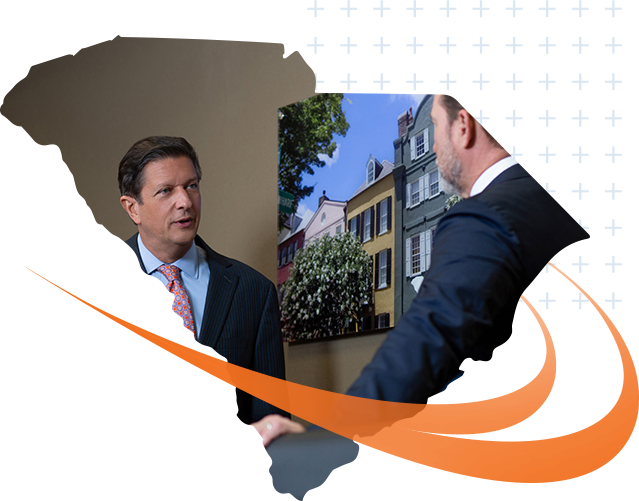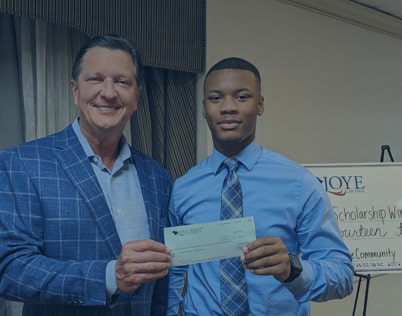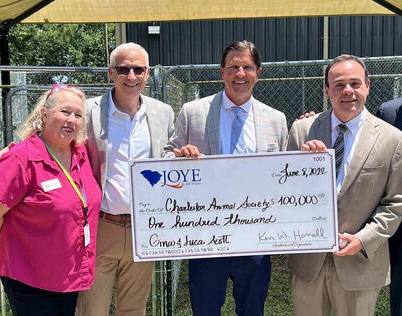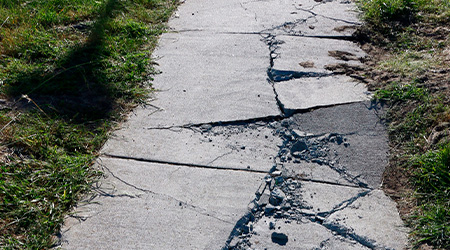
Accidents that cause injuries at businesses, offices, parks and other public places or private homes may be caused by dangerous conditions that go unrepaired or without proper warnings. If the owners or managers of the property were negligent by creating the problem, failing to fix it or failing to warn about the danger, they may be held liable for an accident victim’s injuries in South Carolina.
Falls are a very common and very dangerous accident for people of all ages, and particularly for older adults. About 8 million people go to the emergency room for treatment of injuries related to falls each year, and about 1 million of those are slip-and-fall accidents, according to the National Floor Safety Institute (NFSI).
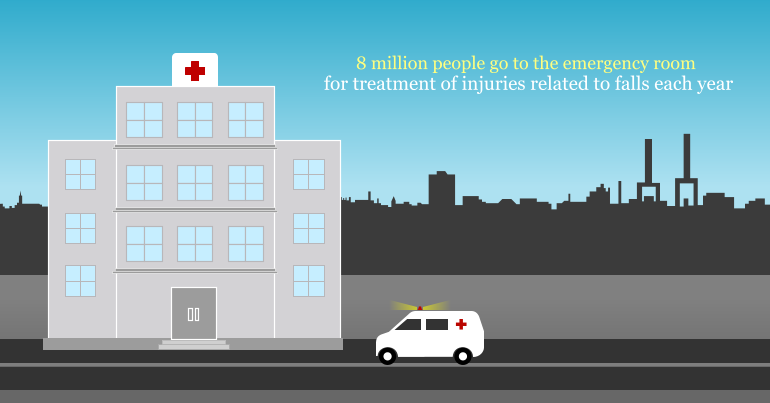
About five percent of slip and fall victims suffer some type of bone fracture, the NFSI reports. Falls can also prove fatal, particularly among older people. Falls are the second leading cause of injury-related death for people between the ages of 65 and 84 and the top cause for those 85 and older, according to the NFSI.
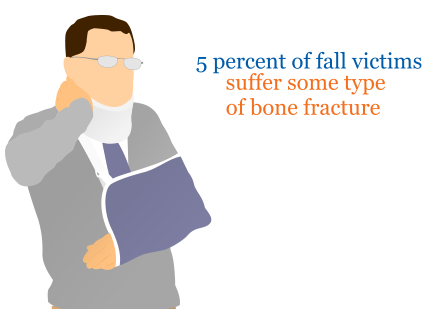 The slip and fall attorneys at Joye Law Firm help people throughout South Carolina after slip-and-fall accidents, swimming pool accidents, dog bites and other injuries caused by property owners’ negligence.
The slip and fall attorneys at Joye Law Firm help people throughout South Carolina after slip-and-fall accidents, swimming pool accidents, dog bites and other injuries caused by property owners’ negligence.
Call Joye Law Firm. We can help you get compensation to pay the costs of medical bills, lost wages and other losses due to your accident.
Premises Liability in South Carolina
Premises liability law holds that property owners have a duty to make sure that their properties are reasonably safe for those who visit or to warn visitors that a hazard exists. When temporary hazards occur, such as a spill that causes a slippery floor in a grocery store, the owner (or others in charge) is given a reasonable amount of time to fix it.
Property owners who neglect their legal duty may be held liable for the injuries and losses that result.
A premises liability claim may arise from:
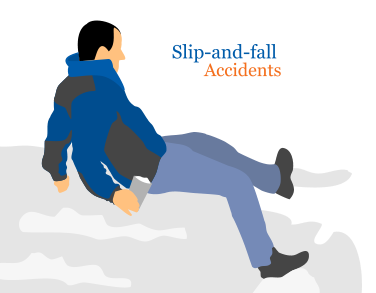 Slip-and-fall accidents – Spilled liquids or tracked-in ice and snow can create a slipping hazard in offices, lobbies, retail stores, banks, restaurants and many other public places. Hazardous conditions should be cleaned up as soon as they are recognized, and warning signs should be posted when it is impossible to fix the problem right away.
Slip-and-fall accidents – Spilled liquids or tracked-in ice and snow can create a slipping hazard in offices, lobbies, retail stores, banks, restaurants and many other public places. Hazardous conditions should be cleaned up as soon as they are recognized, and warning signs should be posted when it is impossible to fix the problem right away.- Obstructed walkways — Trip-and-fall accidents can result from items left in walkways, such as a pallet of products in a store aisle. Cluttered stairwells and tools or equipment left in a hallway are also dangerous. Broken and uneven walkways also pose a tripping hazard.
- Falling merchandise or debris — Shelves that have been overstocked or poorly stacked may cause injuries if the items fall onto customers. Construction sites and other work zones also create the potential for a heavy object to fall from above and strike someone below.
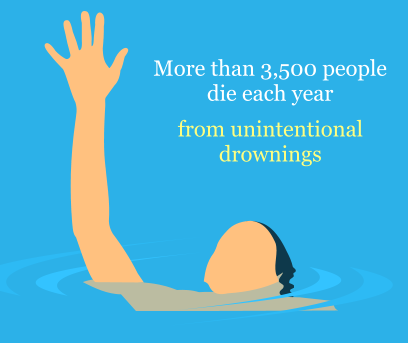 Faulty elevators and escalators — Elevators or escalators that are not properly designed, installed and maintained may cause injuries. Elevators that don’t stop flush with the floor and escalators with misaligned steps may create a tripping hazard.
Faulty elevators and escalators — Elevators or escalators that are not properly designed, installed and maintained may cause injuries. Elevators that don’t stop flush with the floor and escalators with misaligned steps may create a tripping hazard.- Inadequate security — Apartment complexes, offices, stores, hotels and other public places may be liable for failing to provide enough security if an assault occurs. Sponsors of large events may be liable for accidents caused by too few security officers to control crowds.
- Poor lighting — Areas with insufficient lighting make it difficult to see hazards that someone might otherwise avoid. Poor lighting also invites criminal activity.
- Playground or amusement park accidents — Rides and equipment must be designed, constructed, maintained and operated safely.
- Swimming pool accidents — In addition to a drowning hazard, swimming pools can also be dangerous because of defective drains or water too shallow for diving. A poorly maintained pool with bacteria in the water may make swimmers sick.
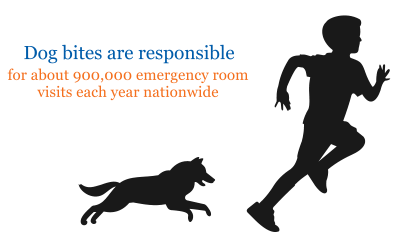 Dog bites — Dog owners can be held liable for injuries caused when their dogs attack, particularly if the dog has a history of vicious behavior. Dog bites are responsible for about 900,000 emergency room visits each year nationwide, with children particularly prone to injury in dog attacks.
Dog bites — Dog owners can be held liable for injuries caused when their dogs attack, particularly if the dog has a history of vicious behavior. Dog bites are responsible for about 900,000 emergency room visits each year nationwide, with children particularly prone to injury in dog attacks.
Here are 12 places where slip-and-fall or trip-and-fall accidents often happen:
- Public sidewalks
- Private walkways
- City parks
- School playgrounds
- Streets and roadways
- Grocery stores where spills have occurred
- Surfaces covered with snow, ice, water or debris
- Construction sites
- Business lobbies with slick floors
- Office hallways with bunched carpeting or spilled coffee
- Stairs, steps and porches
- Parking lots

